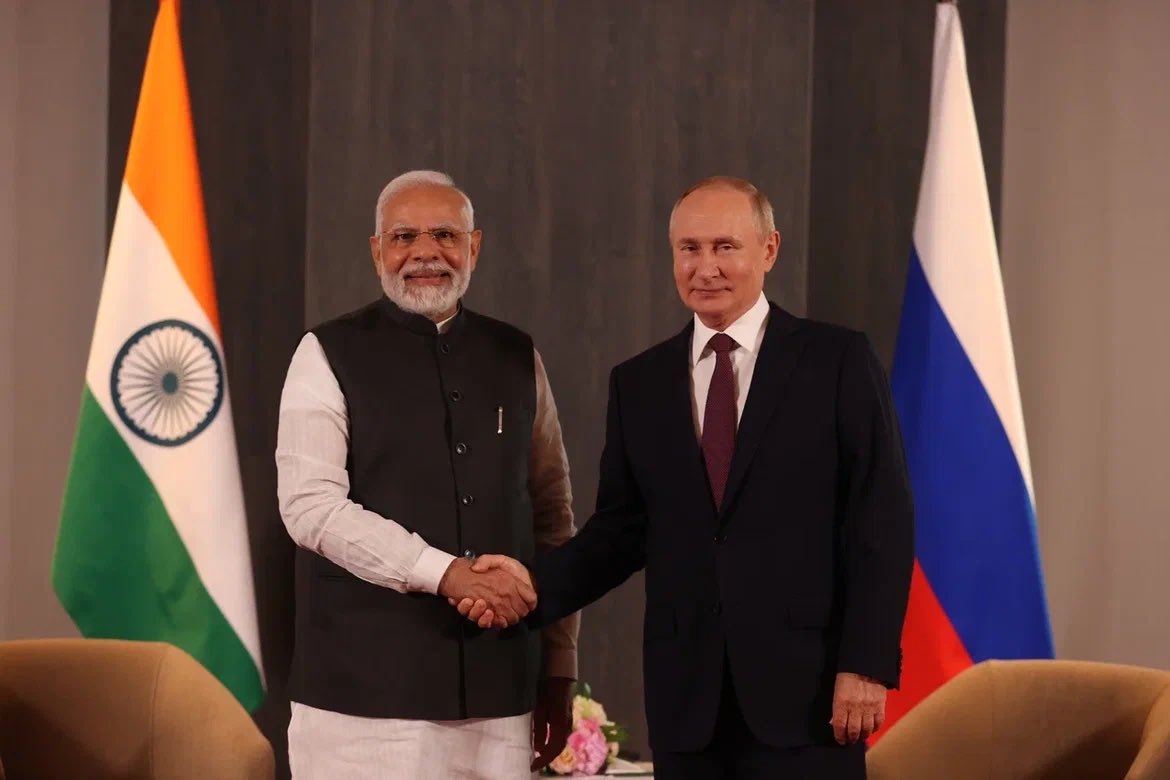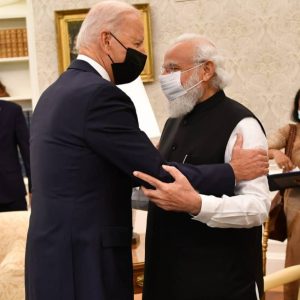Discussions between the two nations regarding this project have been ongoing for well over a year…reports Asian Lite News
The collaborative efforts between the United States and Japan took a significant stride forward on Wednesday with the signing of a cooperative agreement aimed at co-developing a hypersonic missile defence capability.
This groundbreaking initiative, announced in statements from both the Missile Defense Agency (MDA) and Japan’s Defence Ministry on May 15, is designed to counter hypersonic threats during the glide phase of flight, marking a crucial advancement in defence technology.
Discussions between the two nations regarding this project have been ongoing for well over a year, with considerable progress made since the Japan-U.S. summit meeting in August 2023.
During this summit, the governments declared their commitment to collaborative development efforts, culminating in the formalization of the cooperative agreement.
The centrepiece of this endeavour is the Glide Phase Interceptor (GPI), a cutting-edge missile system set to revolutionize defence capabilities.
Spearheaded by MDA, the development process for GPI is still in its nascent stages, with fielding anticipated in the mid-2030s according to the agency’s budget plan.
Notably, two industry titans, Raytheon Technologies and Northrop Grumman, are vying for the opportunity to design the GPI, having secured contracts in June 2022.
The strategic significance of GPI lies in its integration with the U.S. Navy’s Aegis ballistic missile defence-equipped destroyers, leveraging the vessels’ advanced capabilities to detect, track, and engage hypersonic threats.
Given the formidable nature of hypersonic missiles, which can reach speeds over five times that of sound and execute unpredictable manoeuvres, countering them in the glide phase presents a formidable technical challenge.
Under the GPI Cooperative Development Project Arrangement, established within the framework of the U.S.-Japan bilateral Memorandum of Understanding for Research, Development, Test and Evaluation projects, both nations are poised to enhance regional deterrence while fortifying longstanding missile defence cooperation.
While MDA retains leadership in GPI development for the Defence Department, Japan will take the helm in developing rocket motors and propulsion components crucial to the system’s functionality.
ALSO READ: US House Passes Bill to Resume Arms Deliveries to Israel













